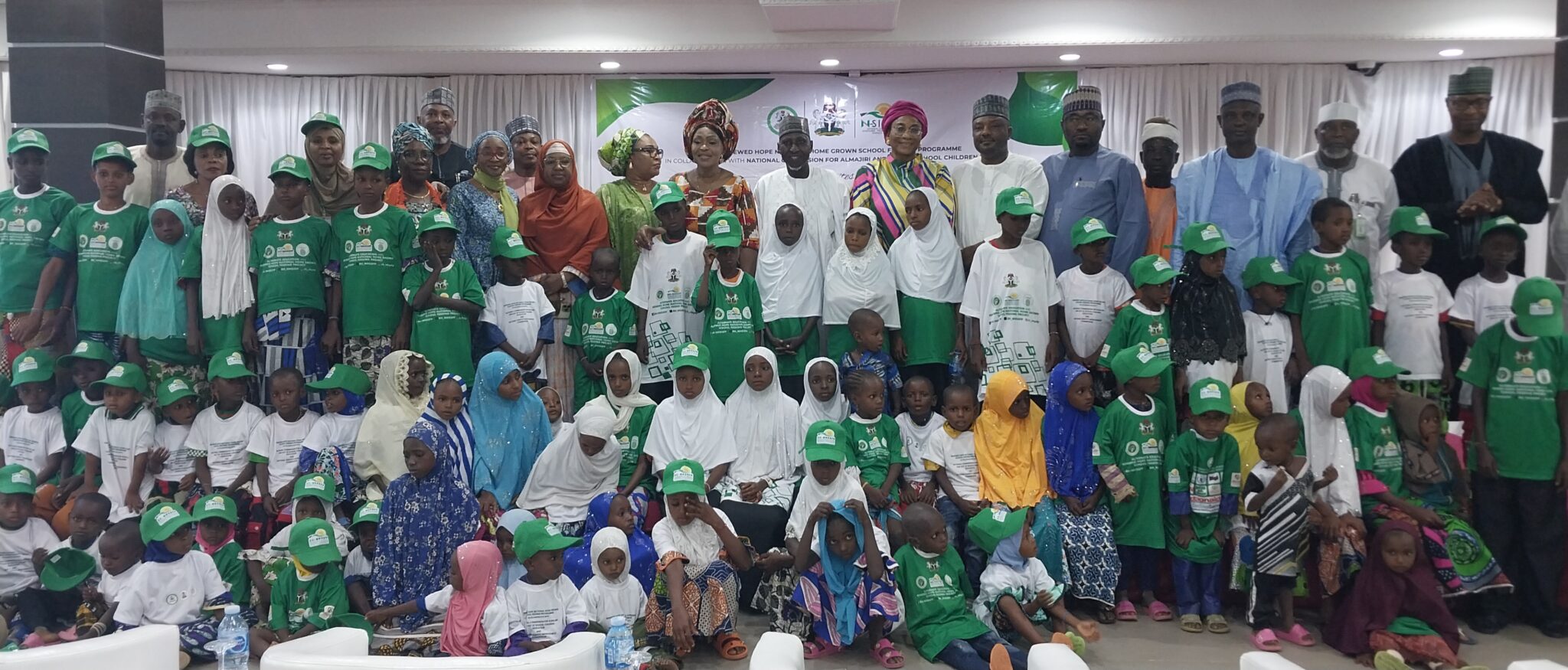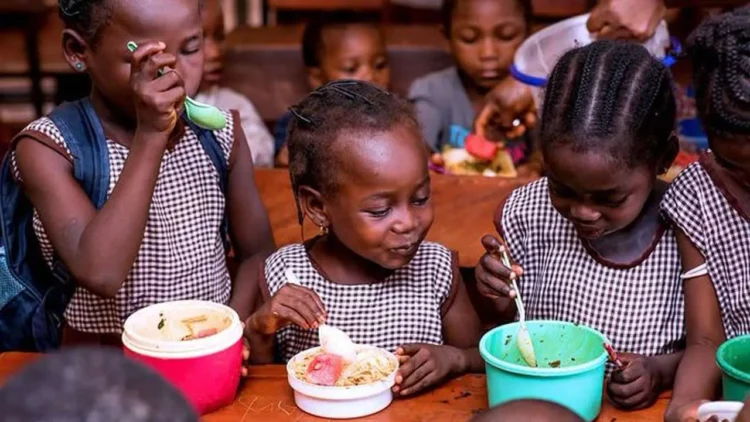ActionAid urges community ownership of school feeding programme
By Felicia Imohimi
ActionAid Nigeria has urged stakeholders to strengthen community ownership of the Home-Grown School Feeding Programme (HGSFP) through local sourcing.
It said the focus should be on women and farmers to ensure sustainability.
The Country Director, Mr Andrew Mamedu, made the call on Friday in Abuja at the organisation’s National Policy Forum.
The forum had as its theme: “Institutionalisation and Implementation of the Home-Grown School Feeding Programme for Sustainable Economic Growth and Financial Inclusion in Nigeria”.
Mamedu said the programme was not only a nutrition intervention, but also an education strategy that keeps children in school and improves learning outcomes.
He called it an economic strategy that stimulates local farming and food markets, as well as a social protection tool that reduces hunger and inequality.
He added that it also served as a human capital development initiative with guaranteed returns on investment, and ultimately a nation-building strategy for inclusion, stability and sustainable development.
According to him, if institutionalised, the programme would improve nutrition and learning, create jobs, enhance financial inclusion and build resilience for future generations.
“In the immediate past administration, the home-grown school feeding programme recorded remarkable gains.
“It increased school enrolment by 28 per cent and improved pupil retention by over 50 per cent in many states.
“Nationwide, about seven million children across 40,000 public schools benefited from daily nutritious meals, while tens of thousands of cooks and smallholder farmers were engaged in the supply chain.
“These outcomes clearly demonstrate the power of school feeding to draw children into classrooms and link education with economic opportunities,” he said.
Mamedu urged federal, state and local governments to think beyond short-term interventions and commit to building a school feeding system that is inclusive, sustainable and transformative.
He also called for sustained financing through statutory contributions from the Federation Account Allocation Committee, the Universal Basic Education Commission, Tertiary Education Trust Fund and other sources, alongside stronger partnerships.
The ActionAid boss noted that enrolment in basic education increased from 35 million to 40 million between 2018 and 2022.
However, he said the number of out-of-school children also rose from 9.1 million in 2000 to 14.6 million in 2020.
He decried that Nigeria’s score of 0.36 on the World Bank Human Capital Index meant that a child born today would achieve only 36 per cent of their productive potential if nothing changes.
“At present, over 45 million children cannot read a simple text at age 10, while about 15 million are completely out of school.
“This crisis is not due to lack of effort, but weak governance, underfunding and systemic gaps,” he said.
Mamedu reaffirmed ActionAid’s support for the Federal Government’s vision of the school feeding programme, calling it a proven pathway to address education and nutrition gaps.
He said the forum aimed at presenting findings of a Political Economy Analysis (PEA) conducted by ActionAid, which identified systemic gaps and offered policy pathways for resilient, locally sourced and community-led school feeding systems.
The forum brought together government leaders, policymakers, civil society, development partners and others to build consensus, foster political will and set up a Multi-Stakeholder Technical Working Group.
It is to drive the institutionalisation of the programme nationwide. (NAN)
Edited by Tosin Kolade







